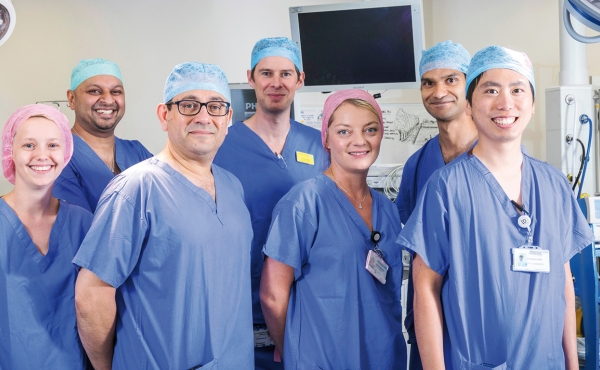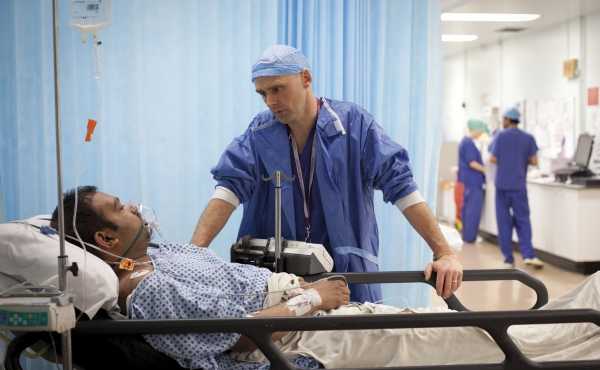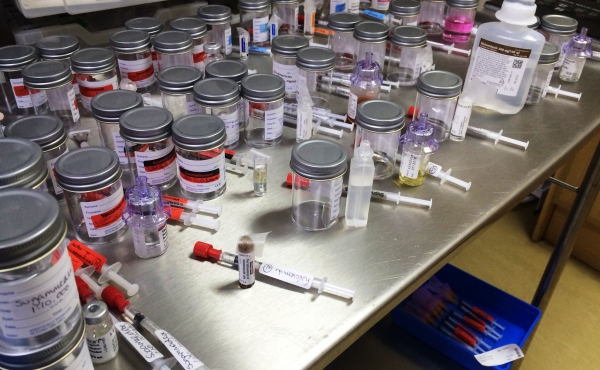Improving Timeliness to Emergency Laparotomy
Aiming to ensure that people needing emergency abdominal surgery get to theatre in the correct timescale
The Improving Timeliness to Emergency Laparotomy Project is a collaboration with The Healthcare Improvement Studies (THIS) Institute. It has analysed the patient pathway from admission to emergency laparotomy surgery to identify barriers to timeliness. The study is now developing possible interventions to reduce these barriers
Project Overview
More than 22,000 adults in England and Wales have emergency major abdominal surgery, or laparotomies, each year. When people need this type of surgery, it is important that they are treated as soon as possible. This is because delays can lead to a higher risk of a longer hospital stay and poorer outcomes – including death. Though some aspects of care have improved over the years, the time taken for emergency patients to get to the operating theatre is still not optimal. In many areas, time to theatre does not meet the recommended standards.
This project aims to find ways to improve the time it takes for patients to have their surgery by asking experts from all points along the patient pathway what they think the issues are and what can be done to help.
A summary of our work so far
In the last year of the project, we have taken a close look at the patient pathway with inputs from over 250 clinicians about where the problems lie and what areas can be improved. We have also asked people about how emergency laparotomy guidelines work (or don’t!) in practice in a national survey.
We have analysed the last 6 years of available National Emergency Laparotomy Audit (NELA) data and carried out a literature review. We have also conducted focus groups and interviews with clinical staff in ED, surgery, radiology and anaesthetics to produce qualitative summaries of how the pathway works. The developing work has been presented at several national specialty conferences for clinicians treating patients on this pathway.
We have taken all of this and produced a list of top issues that are responsible for delays. We have discussed this problem list in patient and clinical workshops to create a final list of priority problems, which has been ranked in another national survey.
The highest-ranked issue - both in terms of impact and feasibility for improvement - was “delays around CT scans and surgical review.” In response, the project team, working closely with key stakeholders, has developed a set of core principles aimed at improving efficiency in this area and is now seeking feedback from the broader community. Once finalised, the principles will be shared throughout the emergency laparotomy community to help them make local changes to improve timeliness
Collaborators
The RCoA is collaborating with The Healthcare Improvement Studies (THIS) Institute at the University of Cambridge on this project. The project is made possible by funding from the Health Foundation to THIS Institute.
Click here to join our community of healthcare professionals. Anyone who has experience of working on the emergency laparotomy pathway is welcome
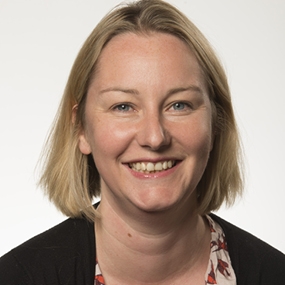
Consultant Anaesthetist, Deputy Chief Medical Officer (for improvement and innovation), Chair RCoA Quality working group
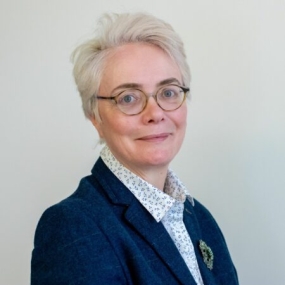
Mary Dixon-Woods is Director of THIS Institute and The Health Foundation Professor of Healthcare Improvement Studies in the Department of Public Health and Primary Care at the University of Cambridge.
A Professorial Fellow at Homerton College, Cambridge, she is also a fellow of the Academy of Social Sciences and the Academy of Medical Sciences, an honorary fellow of the Royal College of Physicians, the Royal College of General Practitioners, and the Royal College of Obstetricians and Gynaecologists. She was an NIHR Senior Investigator 2017-2022.
Mary served on England’s National Advisory Group on the Safety of Patients in England, which produced the Berwick report in 2013. She also served on the review of information technology in the NHS led by Professor Bob Wachter, which reported in 2016. She was a Wellcome Trust Senior Investigator 2012-2019. Mary was the Harveian Orator for the Royal College of Physicians in 2018, the 500th anniversary of the College’s founding. She is a member of the BMJ’s international advisory board.
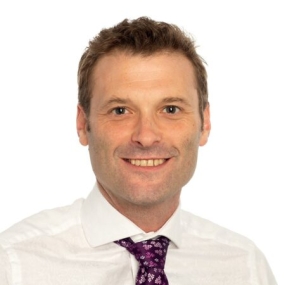
Graham Martin is Director of Research at THIS Institute, leading applied research programmes and contributing to the Institute’s strategy and development.
Graham has a degree in Geography from Oxford University, an MSc in Society and Space from the University of Bristol, and a PhD in social policy from the University of Nottingham. He was previously Professor of Health Organisation and Policy at the University of Leicester, acting as Head of Department of Health Sciences from 2015 to 2018, and prior to that held research posts at Nottingham and Leicester. He maintains a part-time professorial role at Leicester.
Research Interests
Graham’s research interests are in the organisation and delivery of healthcare, and particularly the role of professionals, managers and patients and the public in efforts at organisational change. Primarily a qualitative researcher, he has long experience of undertaking research and evaluation in relation to healthcare improvement, from major policy-driven programmes to locally led initiatives.

Kristina has a degree in Dental Surgery from the University of Nairobi, a Master’s in Public Health from the University of Dundee and a PhD in health services research and population health from King’s College London. She has previously held academic and research positions at the University of Dundee, King’s College London, University of Portsmouth and Queen Mary University.
She is a Fellow of the Higher Education Academy. She was the NIHR Clinical Research Network Lead for the Oral and Dental Speciality in Wessex between 2017 and 2020. Since 2020, she has been a member of the Health and Science Committee of the British Dental Association.

Hussein is a seasoned statistician with an academic foundation and professional experience in the field of mixed research methods and applied statistics.
In 2018, he completed his PhD in Statistics at the University of East Anglia. Driven by his passion for the use of Big Data for multidisciplinary purposes, his doctoral research projects encompassed a wide array of topics, including a critical review of actuarial and medical statistics, the utilization of longitudinal primary care datasets for actuarial purposes, and the development of short and long-term mortality risk models for patients who underwent total hip replacements in England.
With a deep-rooted passion for statistical and mixed research methods, Hussein has dedicated his time in various epidemiological studies, clinical audit programmes and how to harness the power of Big Data. Prior to joining the THIS Institute, Hussein was an integral member of the Big Data Research Group at the University of East Anglia from 2012 to 2018 and worked as a statistician in various Clinical Audit Programs at the Royal College of Surgeons of England.

Jan’s research interests lie in the development and use of collaborative methods for healthcare improvement, such as consensus-building, co-design, and network approaches. He has for example led a collaborative project on managing obstetric emergencies during the COVID-19, which led to his Vice-Chancellor’s Award for Research Impact and Engagement in 2021.
Jan also works on co-design of improved maternity practices in the Avoiding Brain Injury in Childbirth (ABC) programme and development of post-partum haemorrhage emergency kits using participatory methods. He has an emerging interest in collaborative, multi-professional approaches to delivering environmentally sustainable healthcare.

